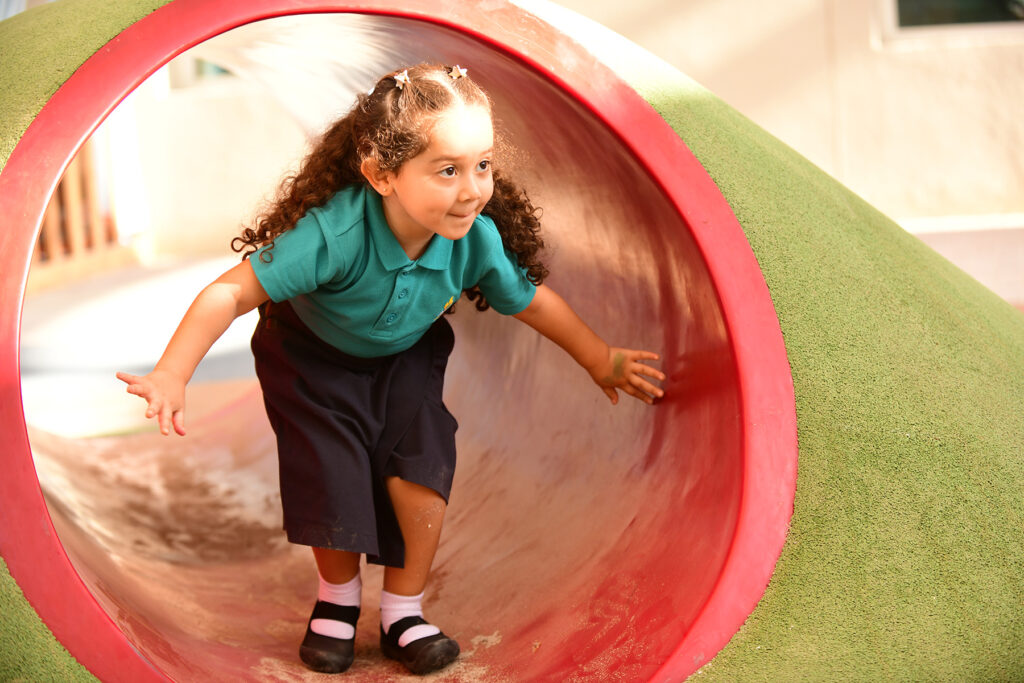
Play, Learn, Grow: The Importance Of Play-Based Learning In Nursery Schools
Play is a fundamental aspect of childhood that goes hand in hand with learning and development. Through play, children explore, experiment, and make sense of the world around them. Play-based learning has gained significant recognition in nursery schools as an effective approach to early education. Let’s delve into the importance of play-based learning and how it fosters the growth and development of young children. Check here American international school Dubai fees.
Holistic development:
Play-based learning in nursery schools promotes holistic development, addressing a child’s growth’s cognitive, social, emotional, and physical aspects. Children engage in imaginative scenarios, solve problems, and make decisions through play, stimulating their cognitive abilities and critical thinking skills. They also learn to interact, cooperate, and communicate with their peers, developing important social skills. Furthermore, play-based activities encourage physical movement and motor skill development, contributing to overall physical well-being.
Creativity and imagination:
Play-based learning nurtures children’s creativity and imagination. In nursery schools, children are provided with open-ended materials, such as blocks, art supplies, and pretend play props, allowing them to create, invent, and explore. This freedom of expression fosters divergent thinking and problem-solving abilities as children develop unique solutions and ideas. Imaginative play enhances language skills as children engage in storytelling, role-playing, and expanding vocabulary.
Emotional development:
Play-based learning provides a safe space for children to express and manage their emotions. Through pretend play, children explore different roles and scenarios, enabling them to understand and empathize with others’ perspectives. They learn to regulate their emotions, negotiate conflicts, and develop resilience. Play also allows children to explore and express their feelings in a non-threatening environment, fostering emotional intelligence and well-being.
Hands-on and experiential learning:
Play-based learning in nursery schools emphasizes hands-on and experiential learning. Children actively engage with their environment, manipulating objects, experimenting with cause and effect, and engaging their senses. This experiential learning approach enhances their understanding of concepts and promotes a deeper level of engagement. Whether they are building with blocks, conducting science experiments, or engaging in sensory play, children learn by doing, which leads to more meaningful and lasting knowledge acquisition.
Love for learning:
Play-based learning instills a love for learning in children from a young age. Nursery schools create a positive association with learning by making education enjoyable and engaging. When children are actively involved in their learning process through play, they develop a natural curiosity and eagerness to explore and discover.